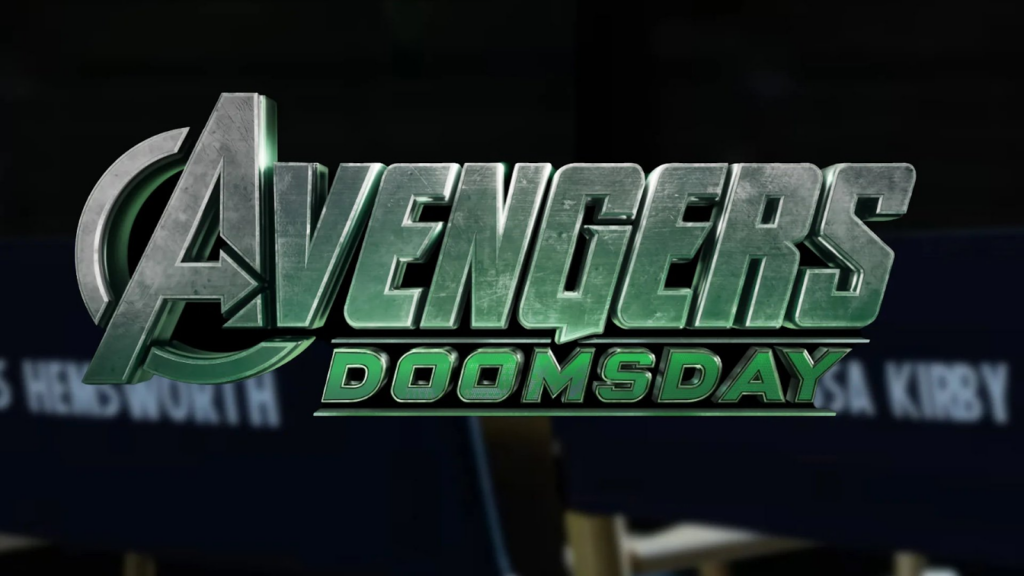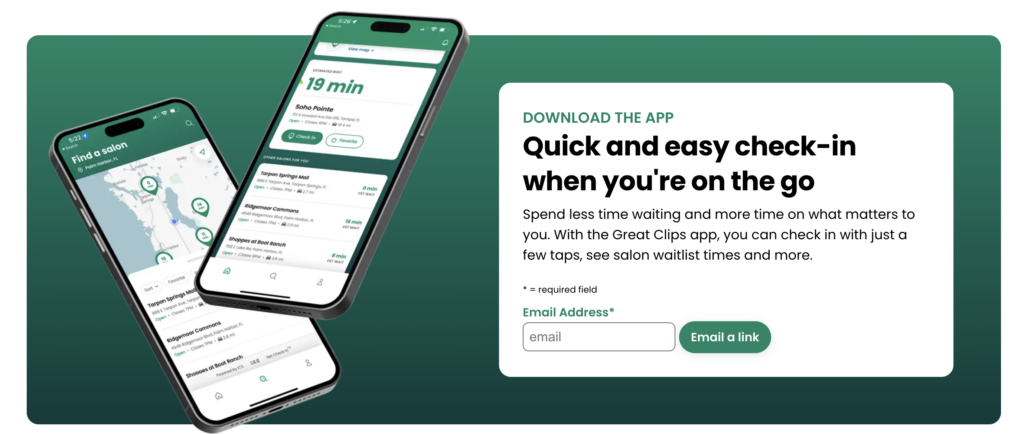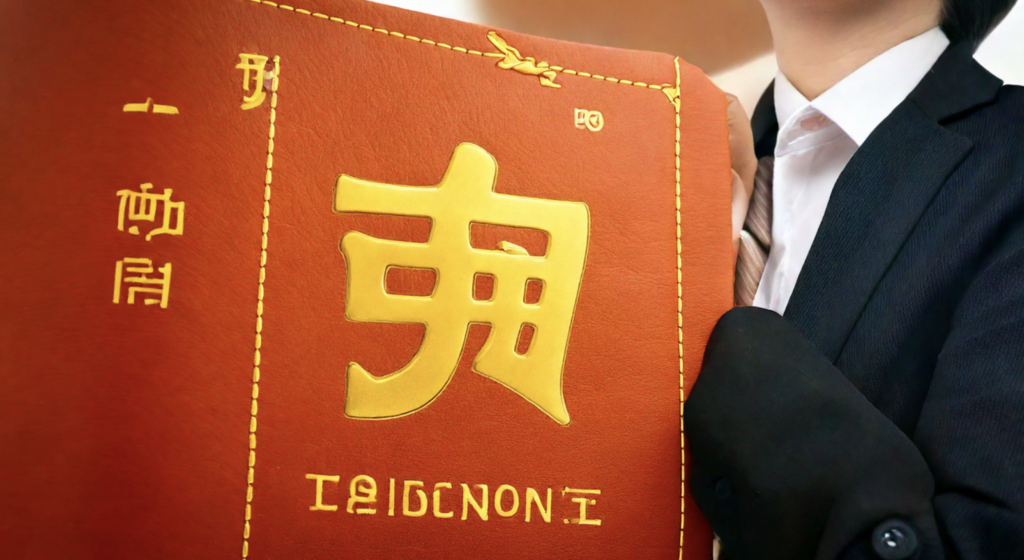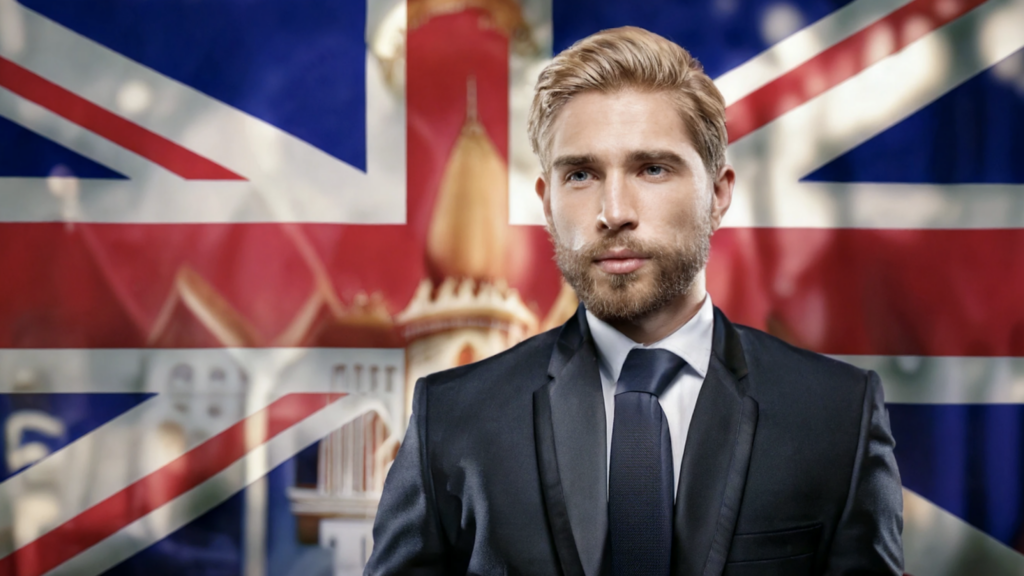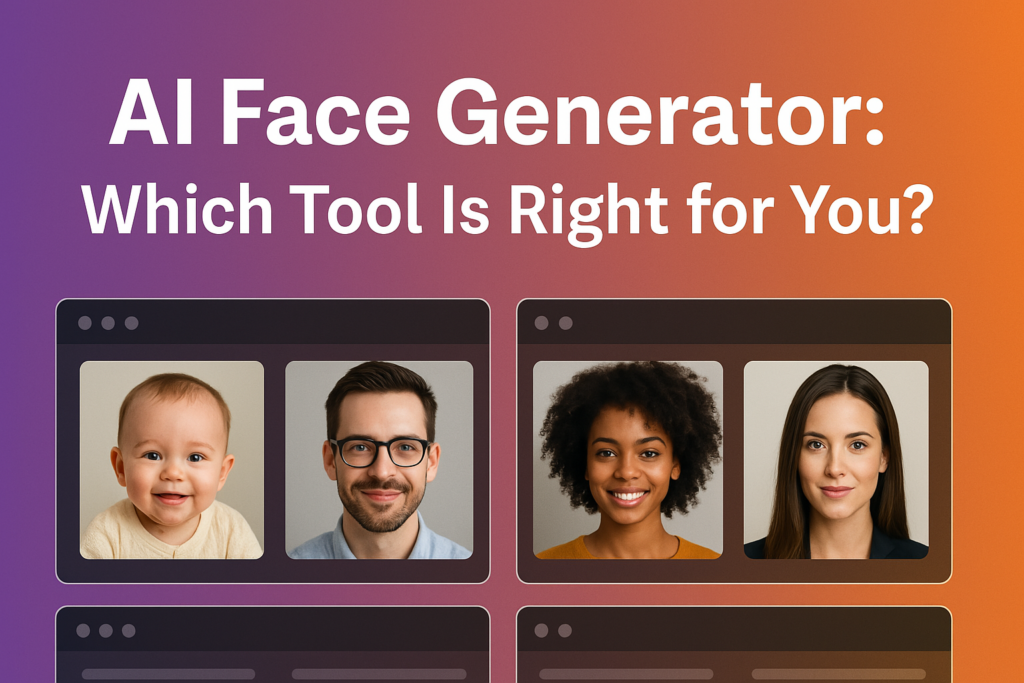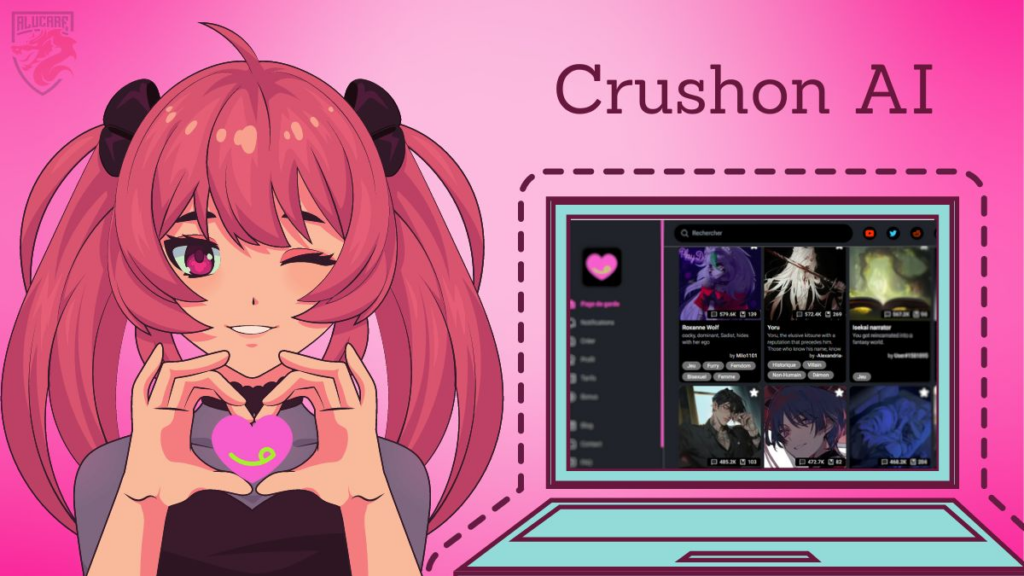7 Outstanding Examples of Big Brands Utilizing AI In Marketing
Table of Contents
- The AI Marketing Revolution
- How Exactly is AI Utilized in Marketing?
- 7 Examples of Big Brands Using AI In Marketing
- Conclusion
- FAQs
The AI Marketing Revolution
In the past few years, AI has experienced tremendous growth and is being integrated into every sector, even at this very moment. With the continuous improvement of AI technologies, major brands and businesses have fully or partially integrated artificial intelligence into customer interactions, marketing campaigns, and streamline operations.
According to Salesforce, 32% of marketing organizations have fully implemented AI into their systems, while 43% of marketing organizations are experimenting with it. In a survey carried out in early 2024 with over a thousand marketing participants, 50.6% of them expect AI to greatly enhance marketing efforts.
How Exactly is AI Utilized in Marketing?
From the statistics above, it is clear that AI has more in store for us than we anticipated. With AI’s rapid evolution, businesses are adopting this innovative technology to improve their marketing strategies and increase revenue.
Here is how AI is being utilized in marketing:
- Personalization:
AI aids in tailoring content and recommendations to individual user preferences, enhancing customer engagement with personalized emails and offers.
- Content Creation:
Generative AI software products like VidAU can transform written content, like product descriptions, automated posts, URL to video conversion tools, and video scripts, into wonderful ready-made videos for campaign ads.
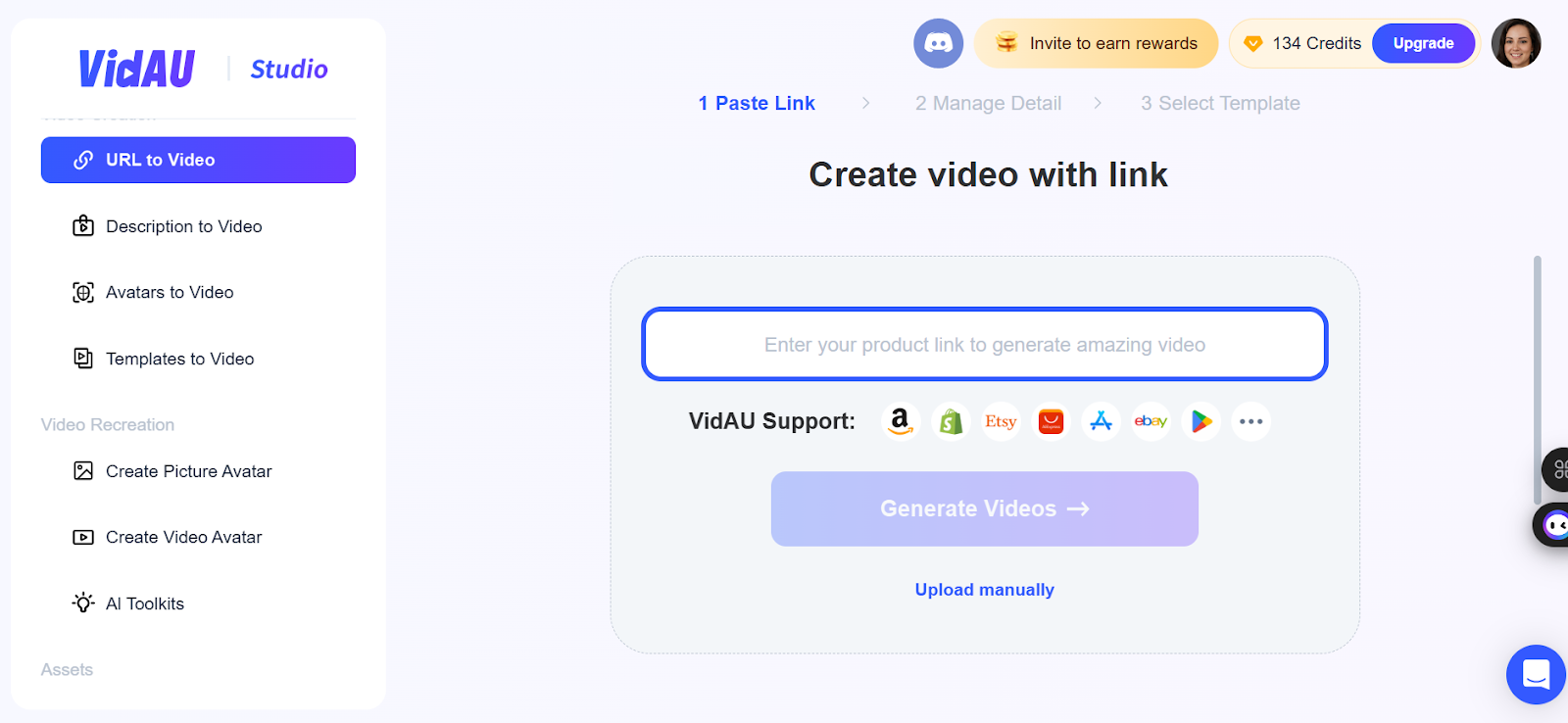
- Customer Segmentation:
Classifies customers into segments for targeted marketing campaigns. This in turn increases campaign efficiency by focusing on specific demographics.
- Chatbots and Virtual Assistants:
With automated responses and assistance, AI can provide 24/7 customer support and engage users.
- Data Analysis:
Analyzes large datasets quickly to identify trends and insights. With extensive predictive analysis, AI can improve decision-making processes based on facts and figures.
Today, brands leverage AI to analyze customer data, personalize content, automate processes, and monitor campaign performance, and as such, incorporating advanced tools like VidAU enhances these efforts further, offering features that facilitate video content creation, editing, and prompt distribution, all within seconds.
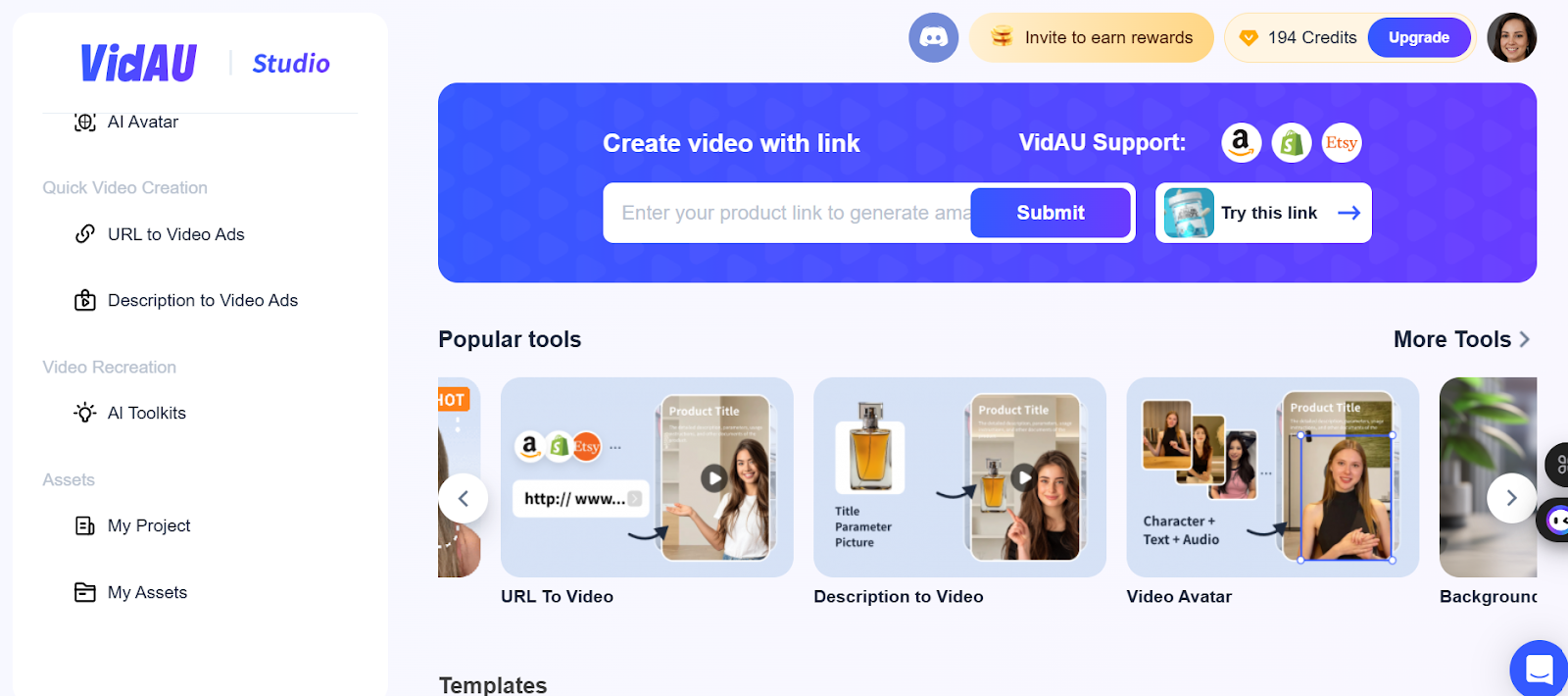
Don’t wait; no one is coming to save you. Try VidAU.AI now
7 Examples of Big Brands Using AI In Marketing
Now, let’s explore how seven leading brands utilize AI in their everyday processes to build successful marketing strategies and how VidAU can complement these initiatives.
1. Coca-Cola
Coca-Cola takes the lead role in brands that embraced AI, and they did this by creating their own AI platform and became a part of the AI revolution. The soft drink giants contracted the same creators of ChatGPT to build them an AI platform called Create Real Magic. This was in an effort to merge DALL-E’s text-to-image software with GPT-4’s text-generative capabilities.
To generate a creative buzz around this campaign, Coca-Cola gave artists in the United States and certain European nations the opportunity to test and design Coca-Cola ads with this platform.
2. Nike
The sneaker titans took AI to a whole new level. Nike offered personalized shoe designs for all of their customers, and this attracted people from various demographics. Thus increasing their sales and expanding the brand’s reach. People could design their sneakers in-house and leave retail outlets wearing them. They could also design them online and send a shareable link to their friends and family, further creating a feeling of appreciation and bonding with the brand.
Nike utilized machine learning algorithms to properly analyze customer behavior and predict a trend. This data-driven approach allowed Nike to deliver targeted advertisements and personalized product recommendations
3. Nutella Unica
Nutella manufacturers decided to step it up a notch by creating a different type of Nutella packaging, which they termed Nutella Unica, specific for Italians. These variants had an aesthetic appeal, thanks to the AI algorithm they engaged to create these packages with bright and colorful designs consisting of polka dots, lines, shapes, color, and zigzag lines.
The result was a staggering sale of these seven million products in the same month.
4. Starbucks
In a bid to cater for its increasing younger population, Starbucks integrated AI technology, Deep Brew, which enhanced the customer experience and improved its marketing strategies. The coffee brand integrated AI chatbots into its mobile app to provide personalized product recommendations and order suggestions. The company also experienced a mega boom in its reward program; the digital incentives fostered brand bond and increased customer engagement.
5. Amazon
Amazon is a prime example of how AI-driven marketing can revolutionize customer engagement. The company added a unique feature to their platform—the Personalize Feature. The role of this feature was to analyze browsing and purchasing patterns and provide personalized product recommendations with quick pricing. This feature boosted their sales immensely and further underlined the importance of understanding customer preferences.
Similarly, with tools like VidAU, you can easily embed video descriptions and create stellar contents while providing valuable insights about products. This feature streamlines the conversion of URLs into descriptive video content, enhancing the customer buying process.
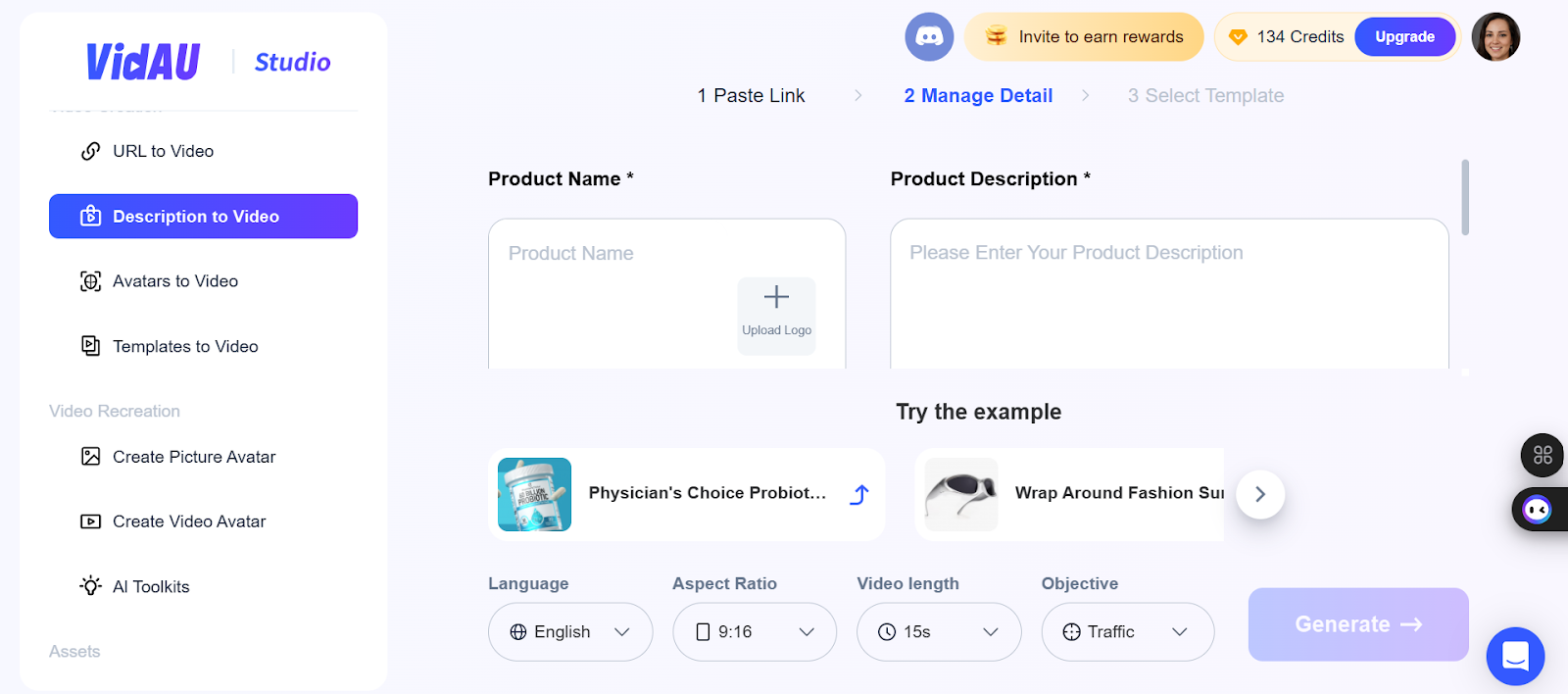
6. Booking.com
Booking.com is another organization that embraced AI with open arms. Due to inquiries raised on the website, the company decided to build an AI Chatbot crosslinking ChatGPT learning model and Booking.com algorithm model. This brought about AI Trip Planner Service
Although this is only available in the U.S. for now, it answers basic questions about travelling and even more complex ones like departures, destinations, and accommodation options.
7. David Beckham and Synthesia
David Beckham partnered with a Malaria No More NGO with a mission to eradicate malaria using Synthesia, an AI video platform. This is where it gets very interesting: David Beckham was artificially made to speak over 8 languages with the same message to fight against malaria; this message sent chills down the spines of the public. The results were staggering as it raked in over $14 billion dollars in donations to fight against malaria, AIDS, and tuberculosis and the participation of thousands of people.
Similarly, with VidAU’s translation feature, you can recreate this viral video ad or, better yet, create awareness and launch your brand to greater heights.
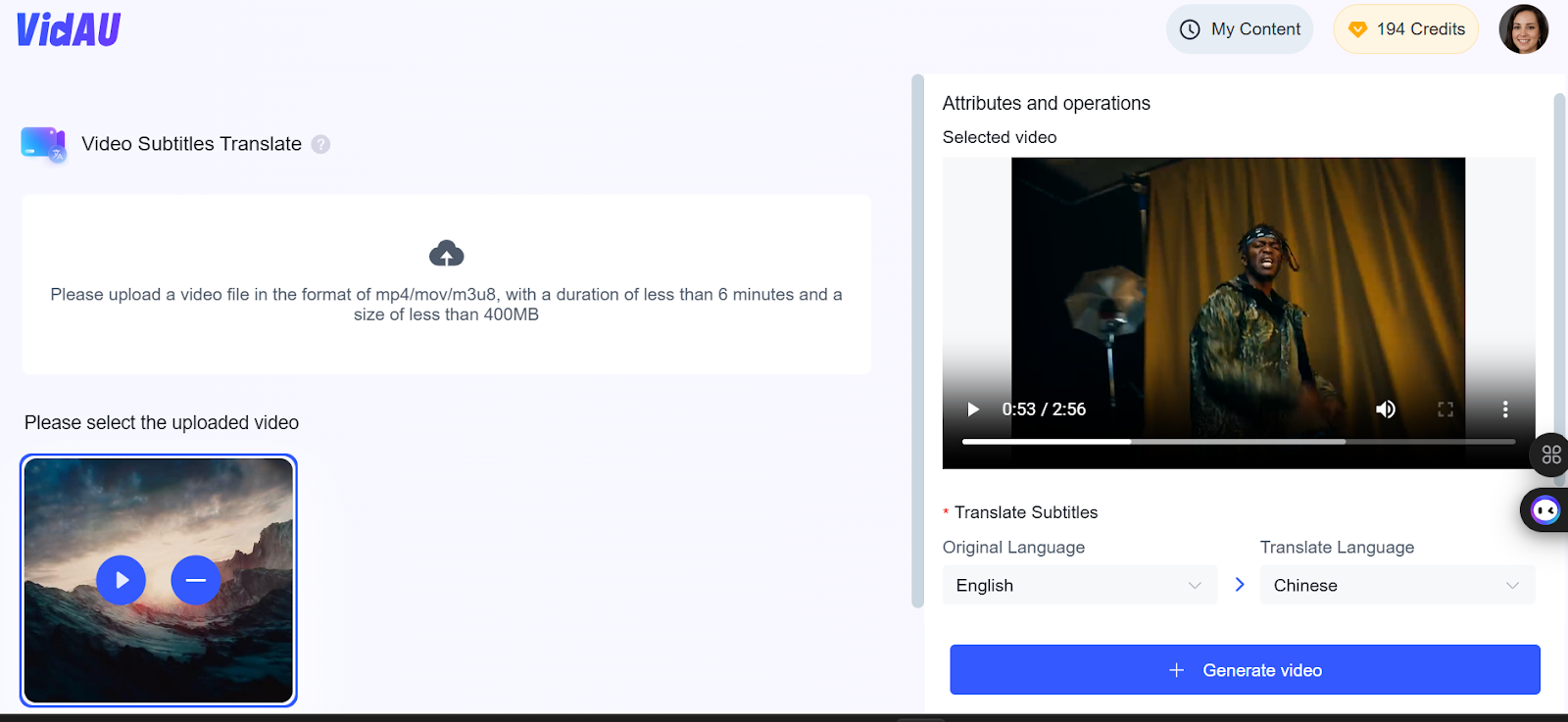
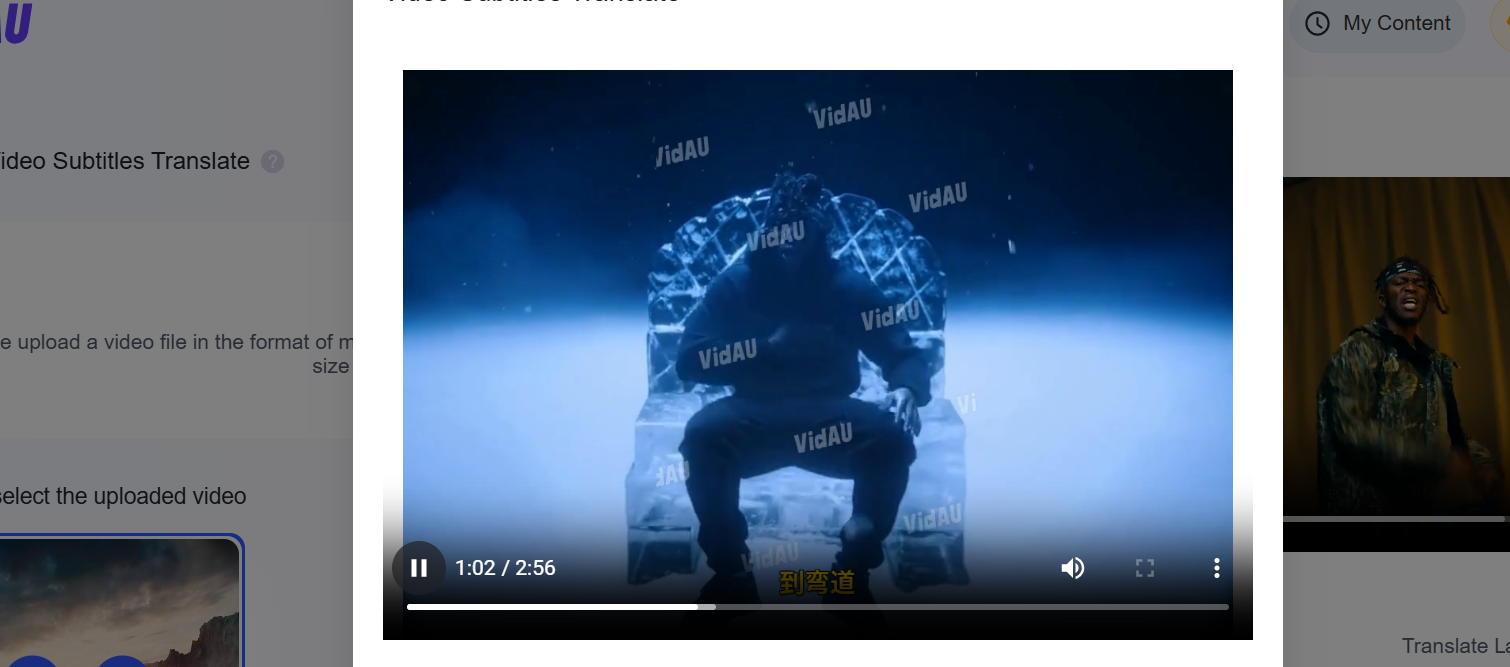
Conclusion
As seen with the majority of these companies, incorporating AI into their marketing strategies was the game changer. At this point, it has become a necessity for the posterity of the business.
Customer behaviors, content creation and distribution, and personalizing the customer experience are pillars AI brands can focus on to build and scale up
With readily available tools like VidAU that offer features such as video translation, background removal, and text-to-speech functionalities, businesses can easily streamline their content creation processes and reach wider audiences effectively.
FAQs
1. How does VidAU enhance marketing campaigns with AI?
VidAU simplifies video content creation by utilizing AI tools like AI video avatars, text-to-speech generation, translation, and helping brands quickly produce engaging marketing content.
2. Can VidAU be used by large brands for personalized content?
Yes, brands like Coca-Cola and Nike can use VidAU to create personalized video ads tailored to customer preferences, enhancing engagement and boosting brand recognition.
3. What industries benefit most from VidAU’s AI tools?
Regardless of industry, be it retail, hospitality, or non-profits, VidAU will curate prompt video contents for marketing, increasing customer loyalty and driving sales.
4. Does VidAU support multi-language video campaigns?
Yes, with VidAU, language is not a barrier, as it offers translation features that allow businesses to create multilingual video content, expanding their global reach and enhancing communication with diverse audiences.
